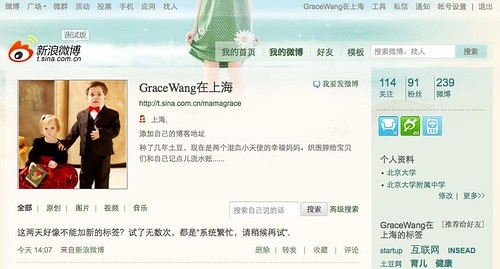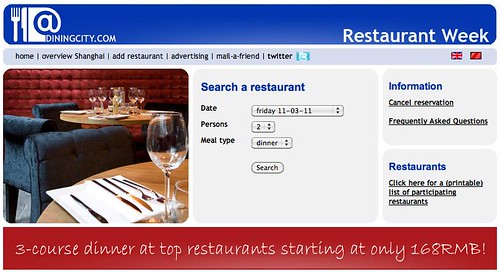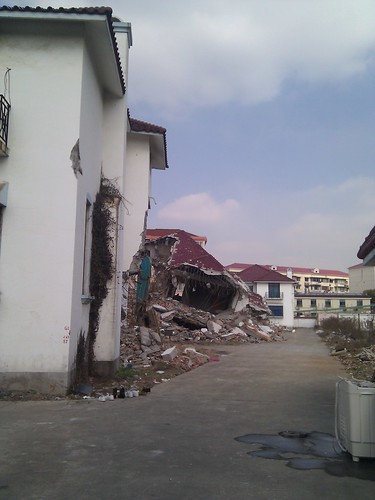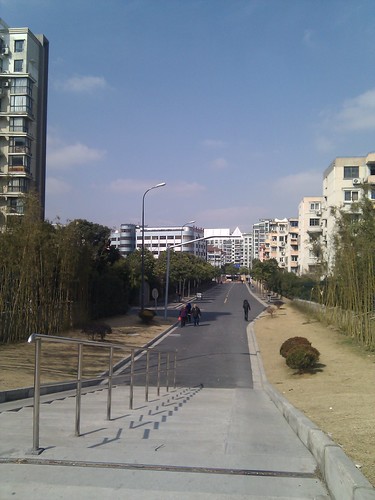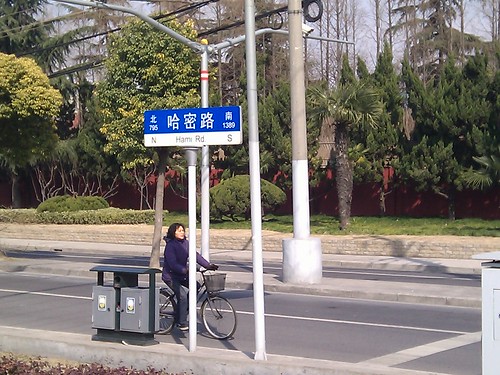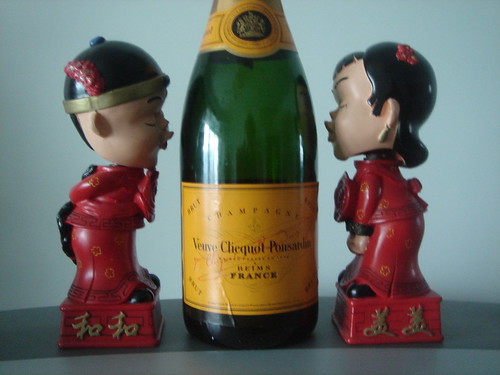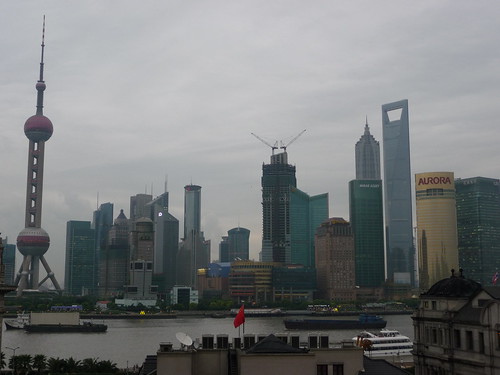
I wrote this article for the Business Insider, the original article is here.
China’s high growth over the past decades turned the country from a developing into a developed country. But the continuous high growth also leads to price inflation and higher wages. In big cities like Shanghai that may lead to problems that not everybody is aware of yet.
For years prices have been rising steadily in China. The price of fuel is about 3 times as high as 10 years ago for example, but also daily necessities such as rice keep on going up in price. That is the same all over China, but especially in the big cities the housing prices are also going through the roof. They are now at such a high level that even white-collar workers cannot afford to buy apartments anymore.
I realized this for the first time about 2 years ago, when an employee came to me with a salary increase request. He wanted to buy a house and could not afford it without a higher salary. I did not grant him the higher pay so he left the company, but it made me contemplate about the relation between the level of salaries and the housing prices. They were getting out of sync fast. But housing prices only kept on rising after that, and at a much faster pace than the average salary increase.
Last year one of my best employees had a similar problem, she and her husband realized they would never be able to afford their own property in Shanghai and decided to go back to their hometown. There were more jobs there now and even though salaries were lower, they would have much more spending power and could afford their own house. Since then I heard similar stories from other entrepreneurs, many of their best people want to leave after a few years because the quality of life in secondary or tertiary cities is much better than in Shanghai.
For companies this can lead to serious problems. Wages have gone up tremendously over the past years. Starting salaries right out of university are still roughly the same, mainly because there is such a huge supply of fresh graduates. But if you want to keep the good people you need to give them wage increases of at least 15% per year. Over the past 5 years salaries for top managers have roughly doubled, and people will leave if they don’t get what they feel they deserve. Some top programmers now earn more than good programmers would earn in my home country Holland.
Friends running businesses in Shanghai are increasingly talking about setting up branches in China’s inner provinces. There salaries are still a lot lower and there is a lot more talent now than just a few years ago. That leads to additional costs, but it may offset the higher wages that they would have to pay in Shanghai.
My strategy has always been to hire good people out of university and pay them average salaries. Not top salaries, so you weed out the people that only work for money; they should also like their job and the good work environment that I am trying to create. You have to teach these employees a lot, because Chinese universities give them tons of knowledge but not necessarily the knowledge needed to work in the real world. The best people get high salary increases so they won’t be tempted to leave, and the ones that are average performers still get increases of 10% or more. This means that even the average people stay at least 2-3 years, which is quite long for job-hopping China, and good people stay even longer. Because the entry salaries didn’t increase very much I was able to keep the increase of total salaries relatively low.
But many companies do not want to hire people right out of university because of their lack of skills. And they are the ones that may be in trouble soon, because not only has their total salary cost more than doubled over the past years, but they are also still losing their employees because they can’t afford to live in Shanghai anymore. China is not a cheap labor destination like it used to be, and certainly not the big Chinese cities.
Because the countryside has developed a lot over the past years and many factories have moved from the East coast to inland China, there are a lot more job opportunities in smaller cities. I expect that over the next couple of years many white-collar workers will choose to leave cities like Shanghai to work in their home provinces. Similar to what has happened to blue-collar workers over the past years as well, they can get similar jobs and salaries close to their home towns now so they don’t want to work on the other side of the country anymore.
There are signs that this may happen sooner rather than later: in Saturday’s English-language newspaper the Shanghai Daily a reporter wrote that so far 90% of the domestic staff did not return from their hometowns to Shanghai after Chinese New Year. Last year the figure was around 30% at this time. And the staff that come back are asking for wage increases of up to 30%, meaning that a full-time cleaning lady now earns around USD 500 per month. If these people are now all staying in their home towns because of better economic conditions very soon their white-collar colleagues will follow their paths.
What does that mean for a city like Shanghai? Companies won’t leave, but they will likely move part of their operations inland. Probably the upward pressure on salaries will be less and this may have an effect on the housing prices as well. Many new apartments are currently empty waiting for real estate prices to increase further, so they can be sold at an even higher price. But if apartment owners realize that there are simply less people who can (and want) to buy them this may change. The sudden end of a bubble? Maybe. After over a decade in China I have learned that things can change fast here.


